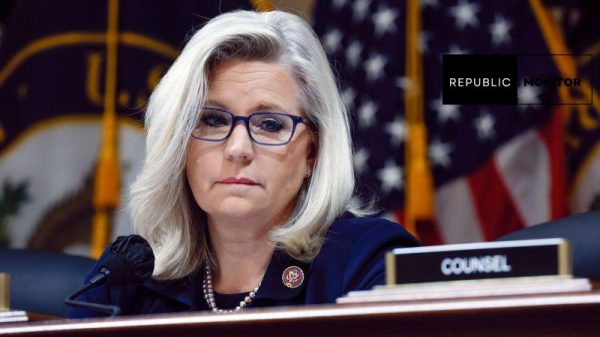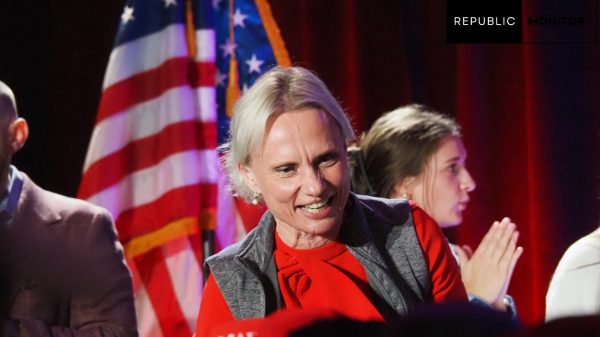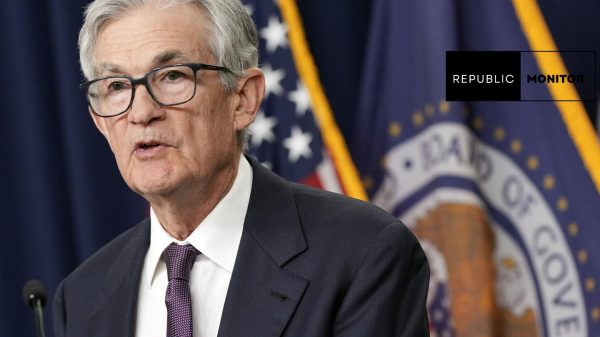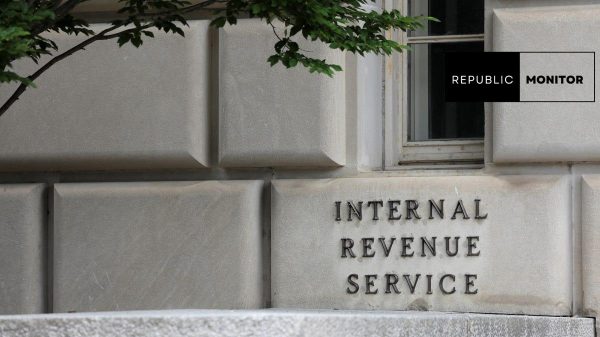In response to the surging drug crisis and homelessness, U.S. legislators are contemplating a significant policy shift, considering the reversal of a longstanding Medicaid funding ban for substance abuse treatment in mental health facilities. The move comes amid increasing public concern over visible drug use, rising overdose rates, and makeshift encampments in cities across the nation.

As the drug crisis worsens, American lawmakers are reevaluating Medicaid funding for mental health services.
Proposed Policy Change
The focus of this reconsideration is a six-decade-old rule preventing Medicaid from funding substance abuse treatment in mental health institutions. The current community-based care strategy, lawmakers argue, has fallen short in adequately addressing the challenges posed by drug addiction and homelessness. The proposed measure seeks to allow states to use Medicaid for covering up to a month of addiction treatment for patients in mental health facilities.
Legislative Support
Both the House and Senate Finance Committee have shown support for these measures. The House passed a related measure on Dec. 12, and the Senate Finance Committee approved a similar provision in November. While there is broad Republican support for the proposed amendment, Democrats remain divided. Some critics express concerns about potential reinstitutionalization and the impact on community-based services.
Endorsement from Public Health Organizations
Public health organizations, including the Treatment Advocacy Center and the National Alliance on Mental Illness, alongside state Medicaid directors, are endorsing the proposed change. They argue that the existing policy has led to a shortage of psychiatric beds and resulted in unequal treatment for individuals dealing with mental illness and substance addiction.
Significance and Economic Impact
The mental health crisis in the U.S. has been a growing concern, affecting nearly 19% of U.S. workers, according to a Gallup survey in July 2023. The economic toll of this crisis is substantial, with unplanned absences costing the U.S. economy $47.6 billion annually in lost productivity.
Technical Glitch and Unintended Consequences
Additionally, a technical glitch affecting automatic renewals resulted in a pause in Medicaid disenrollments in about 30 U.S. states in September 2023. This issue led to nearly 500,000 individuals, including children, losing their insurance coverage.
In conclusion, the proposed reconsideration of Medicaid funding for mental health facilities reflects a pivotal response to the dual challenges of drug addiction and homelessness, with ongoing debates over potential consequences and the urgent need for effective solutions.
















